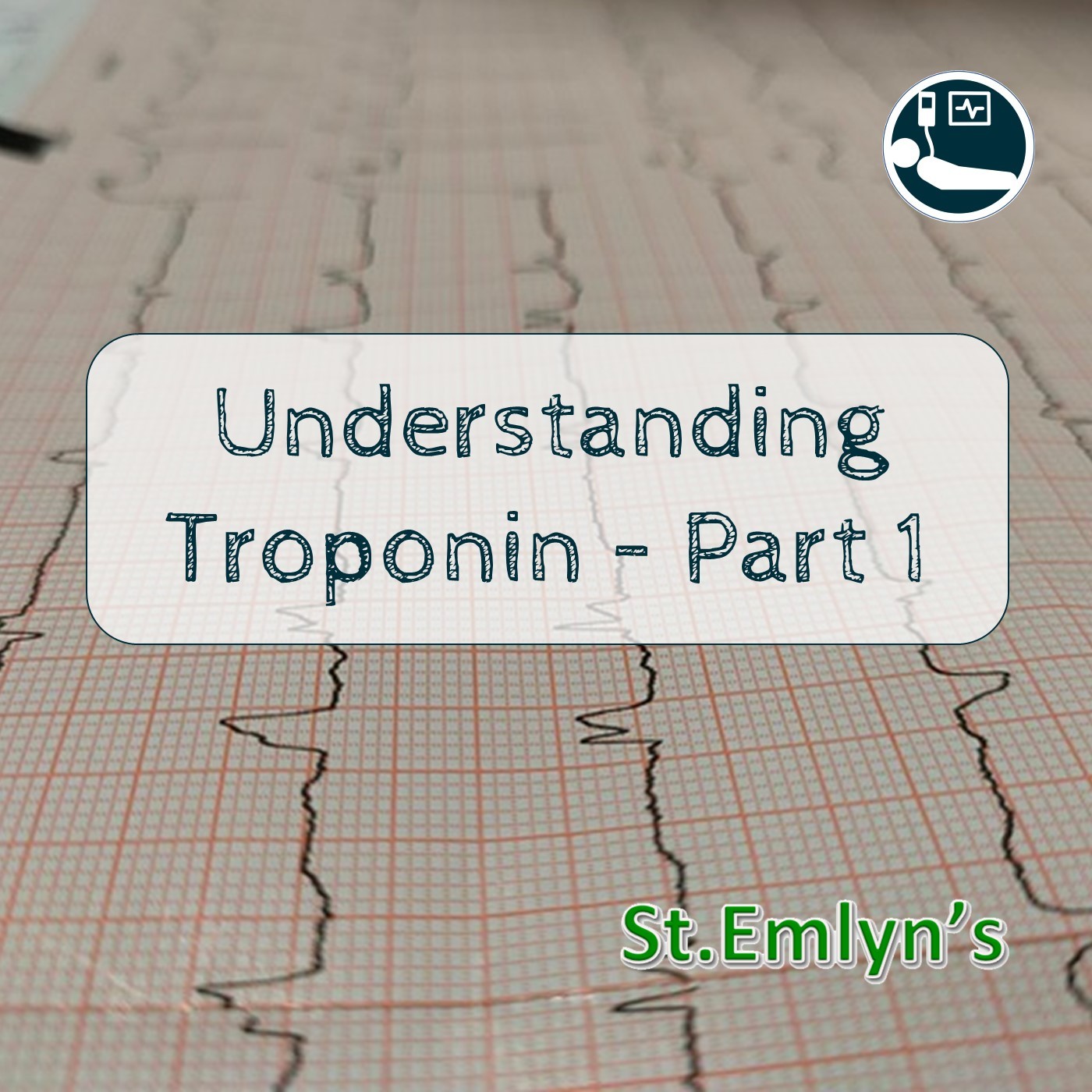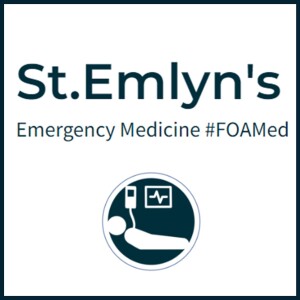
- Podcast Features
-
Monetization
-
Ads Marketplace
Join Ads Marketplace to earn through podcast sponsorships.
-
PodAds
Manage your ads with dynamic ad insertion capability.
-
Apple Podcasts Subscriptions Integration
Monetize with Apple Podcasts Subscriptions via Podbean.
-
Live Streaming
Earn rewards and recurring income from Fan Club membership.
-
Ads Marketplace
- Podbean App
-
Help and Support
-
Help Center
Get the answers and support you need.
-
Podbean Academy
Resources and guides to launch, grow, and monetize podcast.
-
Podbean Blog
Stay updated with the latest podcasting tips and trends.
-
What’s New
Check out our newest and recently released features!
-
Podcasting Smarter
Podcast interviews, best practices, and helpful tips.
-
Help Center
-
Popular Topics
-
How to Start a Podcast
The step-by-step guide to start your own podcast.
-
How to Start a Live Podcast
Create the best live podcast and engage your audience.
-
How to Monetize a Podcast
Tips on making the decision to monetize your podcast.
-
How to Promote Your Podcast
The best ways to get more eyes and ears on your podcast.
-
Podcast Advertising 101
Everything you need to know about podcast advertising.
-
Mobile Podcast Recording Guide
The ultimate guide to recording a podcast on your phone.
-
How to Use Group Recording
Steps to set up and use group recording in the Podbean app.
-
How to Start a Podcast
-
Podcasting
- Podcast Features
-
Monetization
-
Ads Marketplace
Join Ads Marketplace to earn through podcast sponsorships.
-
PodAds
Manage your ads with dynamic ad insertion capability.
-
Apple Podcasts Subscriptions Integration
Monetize with Apple Podcasts Subscriptions via Podbean.
-
Live Streaming
Earn rewards and recurring income from Fan Club membership.
-
Ads Marketplace
- Podbean App
- Advertisers
- Enterprise
- Pricing
-
Resources
-
Help and Support
-
Help Center
Get the answers and support you need.
-
Podbean Academy
Resources and guides to launch, grow, and monetize podcast.
-
Podbean Blog
Stay updated with the latest podcasting tips and trends.
-
What’s New
Check out our newest and recently released features!
-
Podcasting Smarter
Podcast interviews, best practices, and helpful tips.
-
Help Center
-
Popular Topics
-
How to Start a Podcast
The step-by-step guide to start your own podcast.
-
How to Start a Live Podcast
Create the best live podcast and engage your audience.
-
How to Monetize a Podcast
Tips on making the decision to monetize your podcast.
-
How to Promote Your Podcast
The best ways to get more eyes and ears on your podcast.
-
Podcast Advertising 101
Everything you need to know about podcast advertising.
-
Mobile Podcast Recording Guide
The ultimate guide to recording a podcast on your phone.
-
How to Use Group Recording
Steps to set up and use group recording in the Podbean app.
-
How to Start a Podcast
-
Help and Support
- Discover

Do you remember when it took three days to 'rule in' or 'rule out' an acute myocardial infarction (AMI)? When I was a medical student doing my first clinical attachments, I remember doing ward rounds on the CCU seeing patients with suspected AMI. The way they were managed is a million miles from what we do now. Back then, patients would have serial ECGs and then be admitted for cardiac enzyme evaluation over the course of the next 3 days. We'd measure CK, AST and LDH. 'CK' was the so-called 'early marker', which would rise early after the start of an AMI. Today we use CK as a marker of skeletal muscle damage (e.g. rhabdomyolysis). AST and LDH (today we think of these as liver function tests, I know) were the 'late markers' - and by late I really mean late - we might see a rise on days 2 and 3.
Could you imagine for a second, in today's world, ruling out AMI because their CK and LFTs were normal? It's completely unthinkable. That's how much cardiac troponin has changed our practice. We rely on it so completely to diagnose AMI. And yet, it's one of the most misunderstood tests in medicine. Given how much we use it, I guess we feel that we all should know lots about this test. But doctors still have so many questions. Here are just a few:
What is cardiac troponin?Why is it a marker of AMI?What else causes a raised troponin and how?Should we be doing troponins at 3 hours, 6 hours, 12 hours? What's the difference and what's the evidence?What is a 'delta troponin'?What do you need to 'rule in' AMI?How do you use cardiac troponin in patients with renal failure?This is just a brief list. With the research I do in this area and my experience developing protocols/guidelines, people get in touch to ask questions like this quite a lot. There are loads of questions that people ask - but there are lots of themes in common. We thought it was about time we produced a handy run down in the true spirit of #FOAMed.
Take a listen to Part 1 of our troponin podcast. While Simon and Iain have been prolifically churning out spectacular stuff for some time now, this is my debut on the St. Emlyn's podcast. I really enjoyed talking about troponin with Iain - and I hope we covered some useful stuff.
We'll cover more in part 2, when we'll move on to discussing high sensitivity troponins, what they are, how to use them and how to speak the troponin lingo. Please get in touch if there's anything we haven't covered that you'd like us to, or if there's anything you'd like us to elaborate on some more!
Rick
More Episodes
 2018-01-16
2018-01-16
 2017-12-09
2017-12-09
 2017-10-21
2017-10-21
 2017-07-28
2017-07-28
 2017-06-23
2017-06-23
 2017-06-23
2017-06-23
 2017-06-22
2017-06-22
 2017-03-22
2017-03-22
 2017-03-05
2017-03-05
Create your
podcast in
minutes
- Full-featured podcast site
- Unlimited storage and bandwidth
- Comprehensive podcast stats
- Distribute to Apple Podcasts, Spotify, and more
- Make money with your podcast
It is Free
- Privacy Policy
- Cookie Policy
- Terms of Use
- Consent Preferences
- Copyright © 2015-2026 Podbean.com




